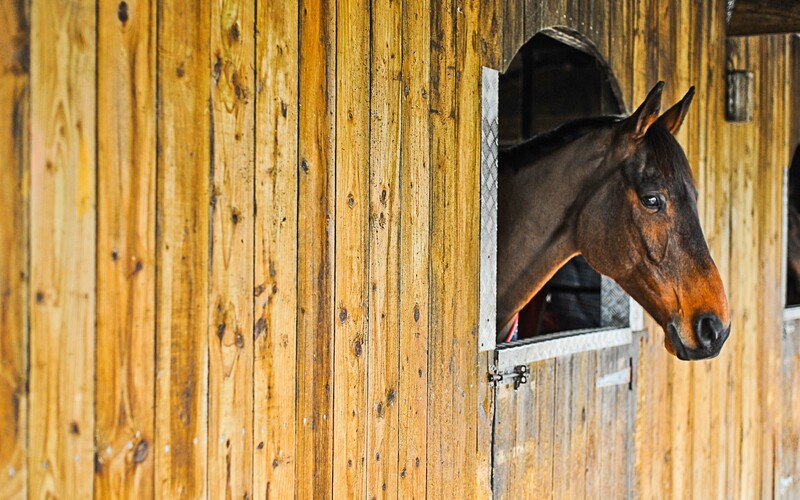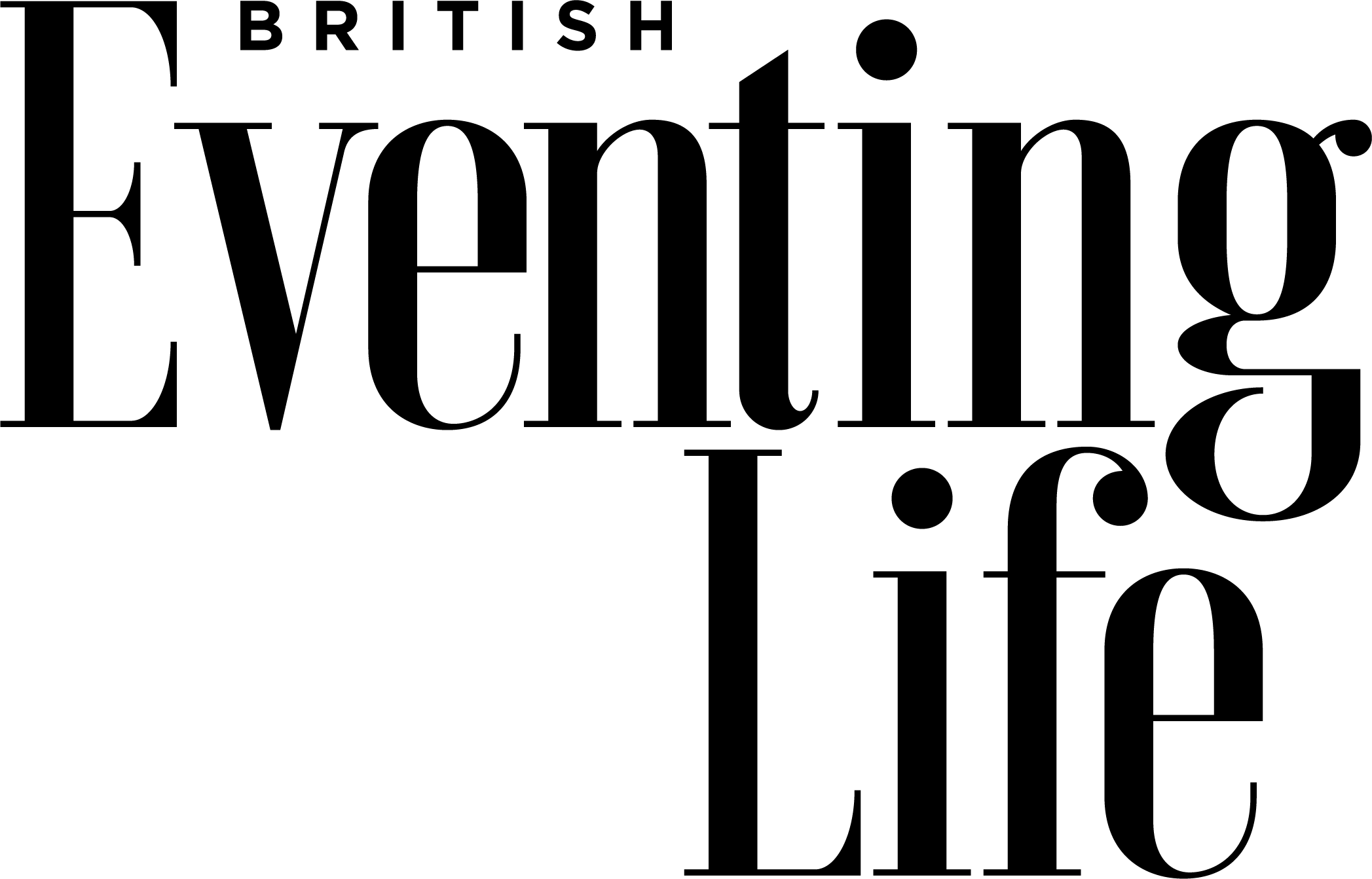
What to do at the end of the eventing season
Now is the time for reviewing the past and planning the future. Sport psychology expert, Nikki Heath, explains the many aspects to decision making and how to ensure they work for you in the best possible way.
Goals must be updated to reflect changes, some will be positive and exciting, and some disheartening and possibly negative.
Goals must be updated to reflect changes, some will be positive and exciting, and some disheartening and possibly negative.
The conversations I have with riders at this time of year can essentially be put into three categories regardless of level:
1. Decisions – moving yards, changing emphasis and focus, young riders planning to set up on their own or make equestrianism a career etc.
2. Facing facts – difficult horse, a change in coach, confidence issues, family and financial issues etc.
3. Progression and planning – goals and ambitions for the future, sponsorship, owners, horsepower, etc.
Making tough decisions
For many riders, the sport’s equipment (i.e. the horse) is a friend as well as the implement that aids our ambition and way of life. It is hard to be dispassionate and objective.
We can fall into two traps:
- Move on too quickly, creating instability and an inability to get to desired long-term goals.
- Stick with something negative that should be changed, generating a feeling of frustration at best or a confidence crisis at worst.
Making irreversible decisions is tough, particularly when they involve significant changes or commitments. Moving into the unknown can be exciting for some, but feel threatening for others. Letting go of a horse that you know has talent but which doesn’t suit you takes a great deal of inner strength. If, when you face the fact that the relationship is negative for you, you feel a sense of relief and frisson of excitement about what you could do next, then you are on to a winner.
If you are pushing against the advice of others, try to find out why, so that it can be articulated. If you find you are resisting because you feel there is loss of face or contention involved, then these are the wrong reasons.
If you have an inner conviction and self-belief, but can’t find the words to express them, then make sure you have thought it through and talk through why you are so certain in your head. Write the headlines down and check the logic the next day/week when your mood may be different.
For every decision, keep some notes on how you arrived at the decision. It is also great to have a plan B that also excites you if plan A fails.
Whatever you decide, decide positively with feeling, then arm yourself with as many facts and variables on the theme that you can muster and check that ‘gut’ instinct again. This is true of any serious decision – even where owners and sponsorship are involved, since many decisions involved here end up filed under ‘repent at leisure’.
Make the most of the down time with the pressure off and enjoy the challenges of looking at options both obvious and lateral, then make sure you have fun in preparing to make them work.
Taking time to train over winter? Read our show jumping tips here or find a training course near you here.
Taking time to train over winter? Read our show jumping tips here or find a training course near you here.
